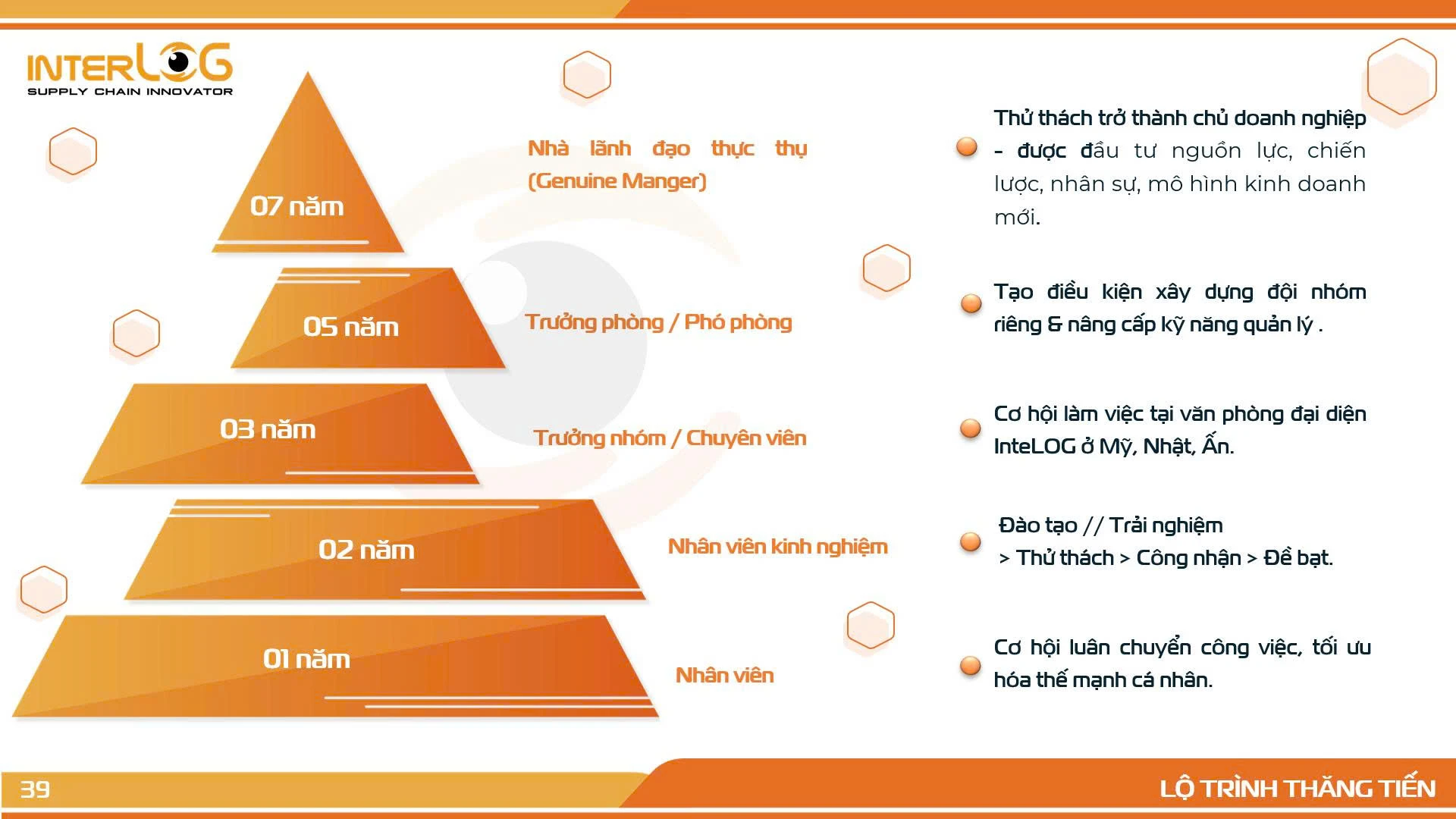


[The Next Gen-I] The Next Gen-I 2025: Building the Future through the Strength of InterLOG’s People
In our ongoing journey of growth, we place people at the heart of everything we do, believing that the development of each individual forms the solid foundation for the company's overall success. The Next Gen-I 2025, a special annual corporate culture event held this past July, is a vivid testament to this philosophy.
At InterLOG, investing in people has always been a top priority. We view the growth of each employee as the cornerstone of the organization’s long-term development. For that reason, all our internal training and development strategies are designed with a clear objective: to help our employees fully unlock their potential and proactively shape their career paths.
The Next Gen-I - Recognition and Inspiration
The Next Gen-I is an annual internal event honoring outstanding individuals who have delivered impressive performance and made meaningful contributions to InterLOG's growth. More than just an award ceremony, it is a time for collective reflection and a source of motivation for all members to continue striving together.
.png)
Those acknowledged at the event are often entrusted with new responsibilities – not because of short-term achievements, but because of their perseverance, maturity, and long-term potential. We would now like to extend our heartfelt congratulations to the members appointed in this round of the program:
Ms. Dang Thi Thuy – Head of BD WR1, Hai Phong
Ms. Dao Thi Oanh – BD WR1 Team Leader, Hai Phong
Ms. Nguyen Thi Phuong Thao – FCL Team Leader, Hanoi
Ms. Nguyen Thi Lan Anh – Customer Service Team Leader, Ho Chi Minh City
Ms. Tran Thi Thu – Head of Transportation Department
Ms. Nguyen Thi Thuy Trang – Import Documentation Team Leader
Ms. Vu Thi Phuong Thao – Agency Development Specialist
Each appointment reflects the company’s commitment to support, accompany, and create the right environment for employees to grow. InterLOG believes that when people are invested in the right way, they become the “key” to unlocking the company’s future breakthroughs.
Career Path - The Development Ladder at InterLOG
At InterLOG, the training and development roadmap is thoughtfully designed across all levels – from newcomers to managers and senior leaders. From the early years, employees are given opportunities for hands-on experience through direct training sessions. In addition, job rotation opportunities are offered to help individuals maximize their strengths.

As employees gain more knowledge and experience, they are given opportunities to take on higher roles, enhance their leadership skills, and build their own teams. At more advanced levels, they may take on strategic projects and even step into the role of business owners - if they demonstrate the capability and readiness to do so.


